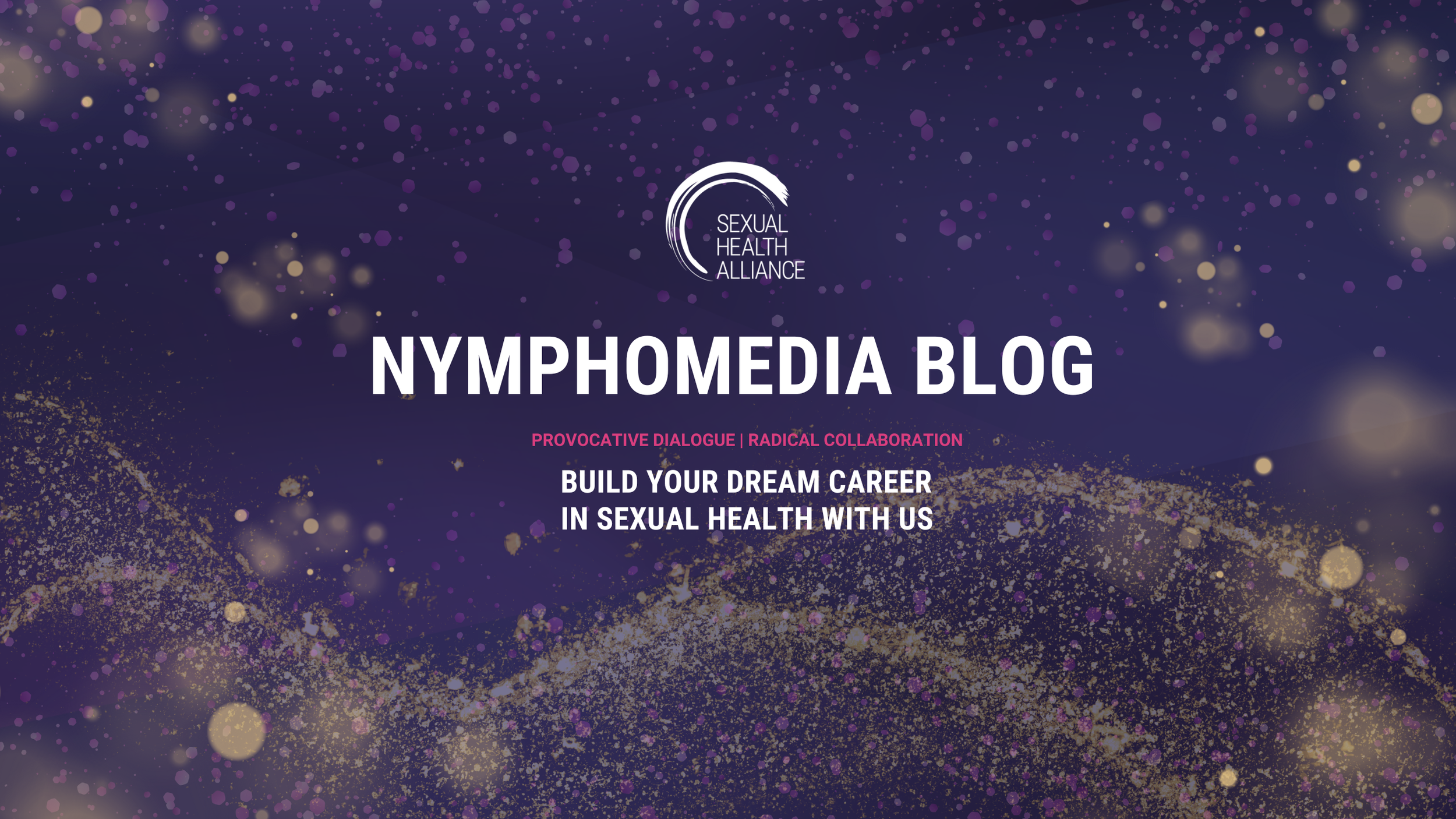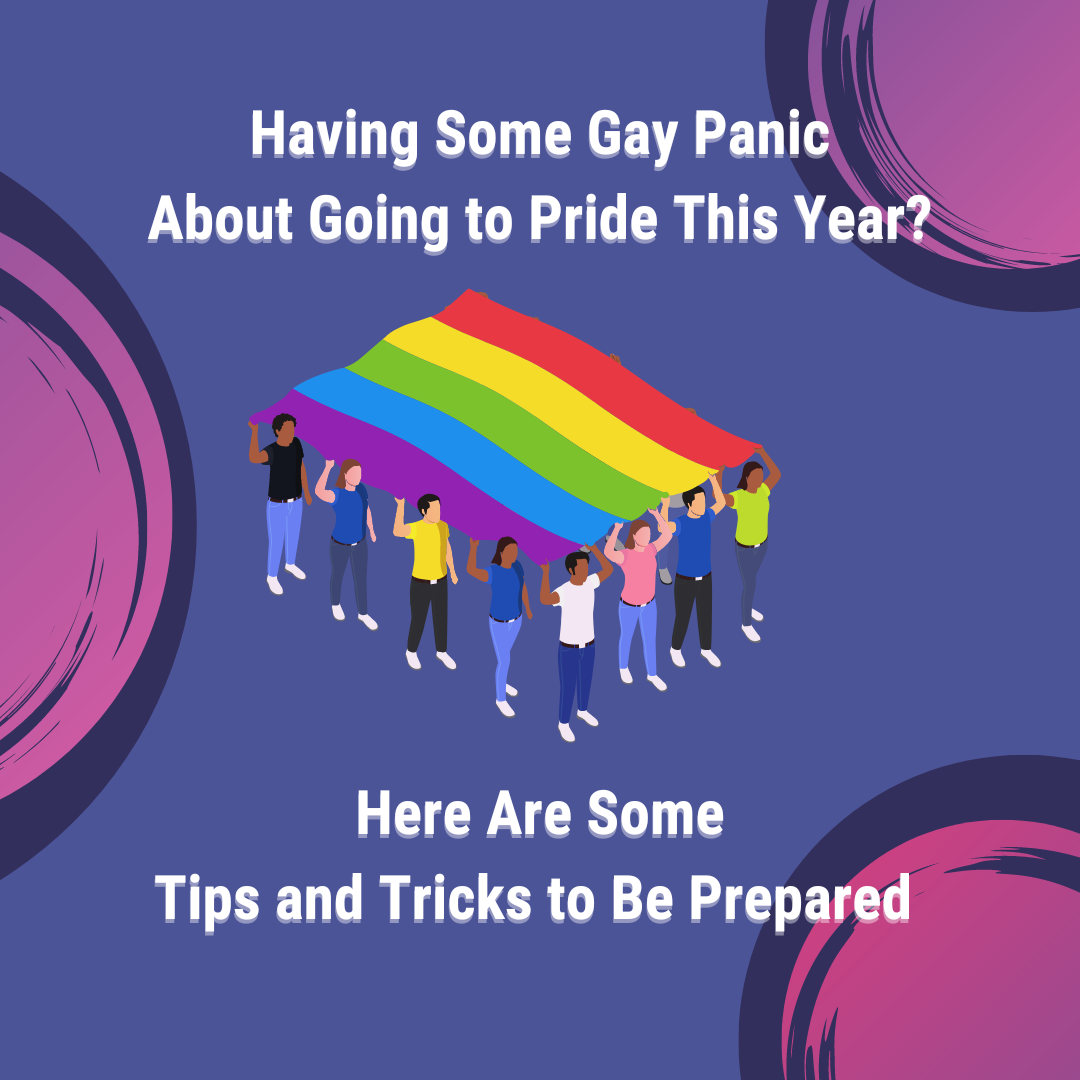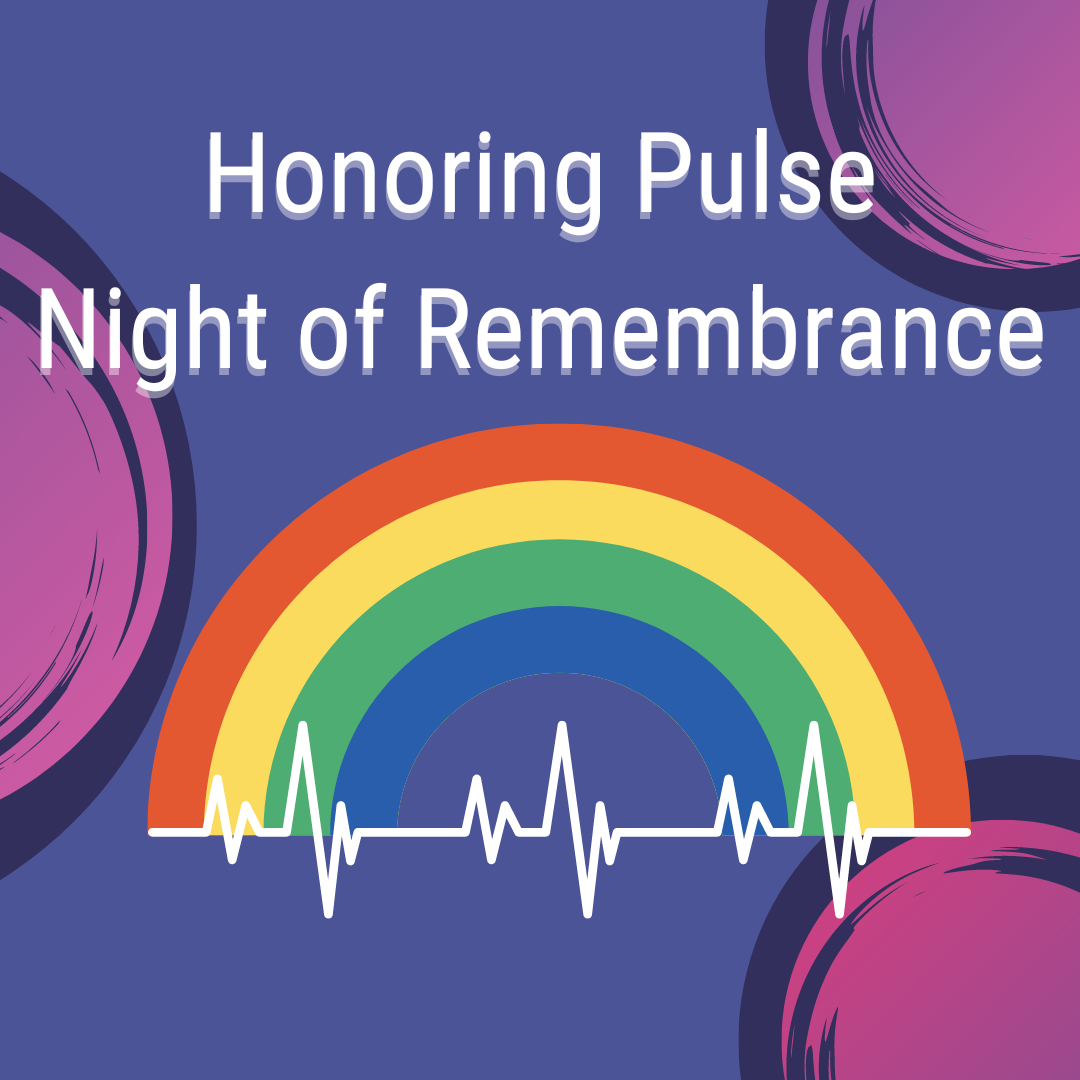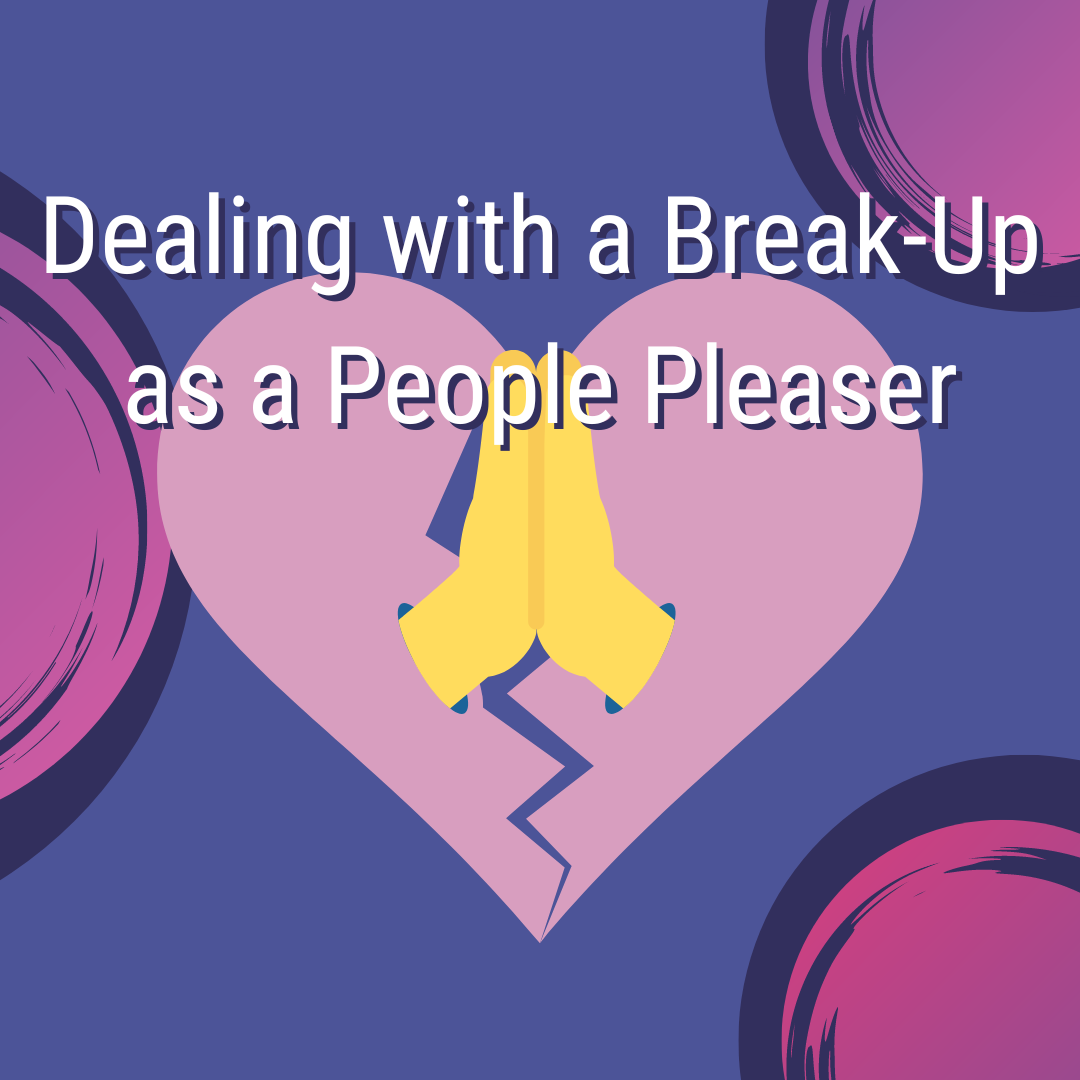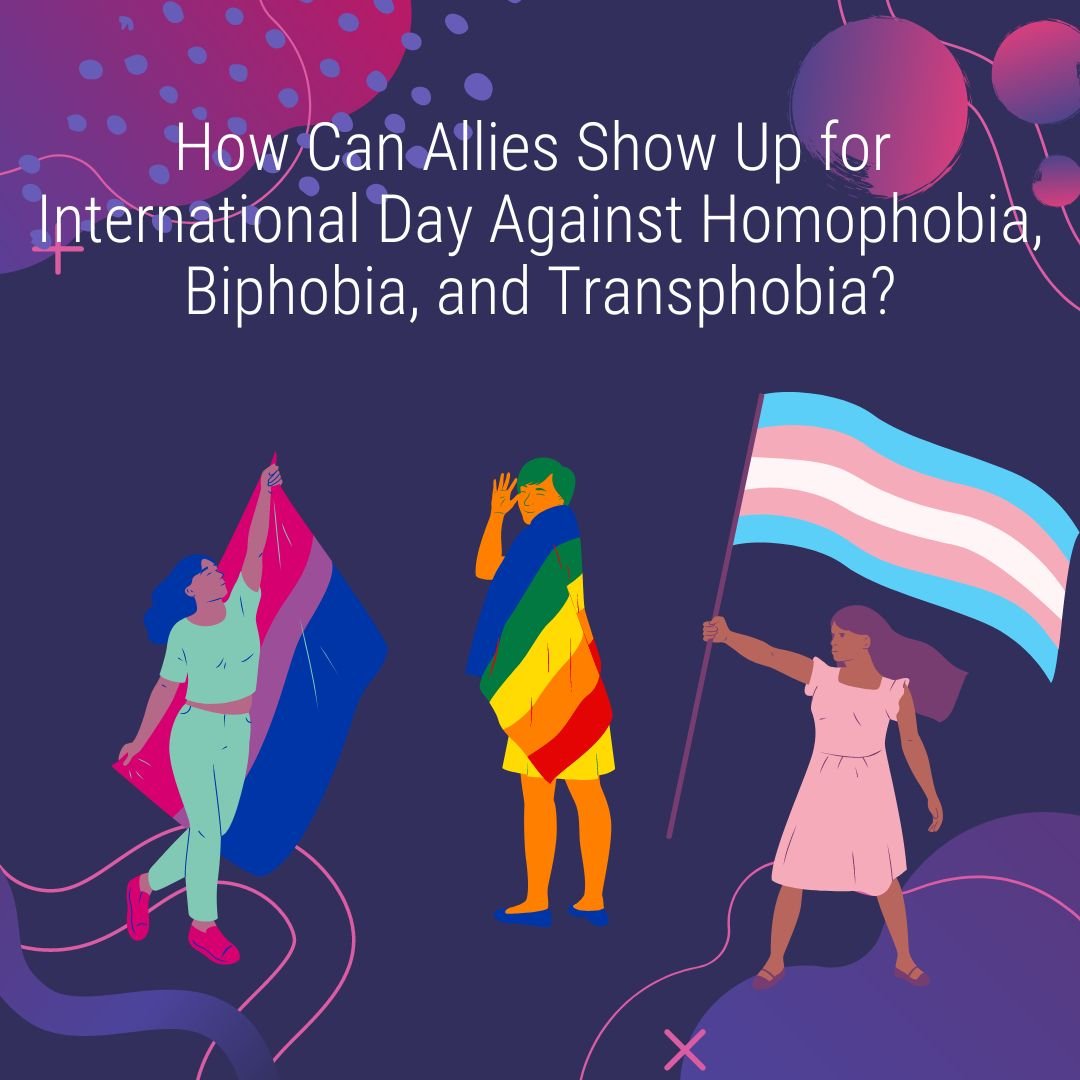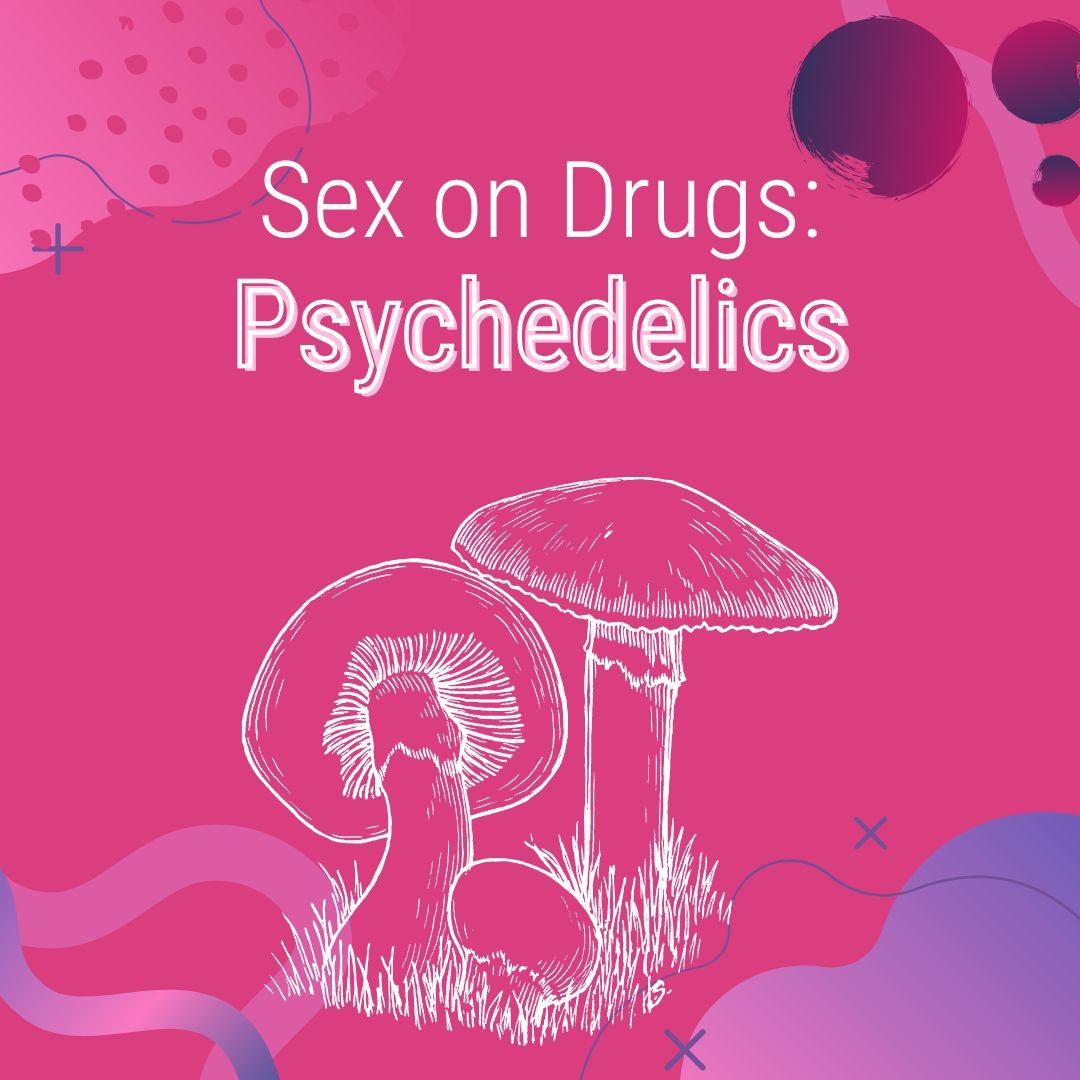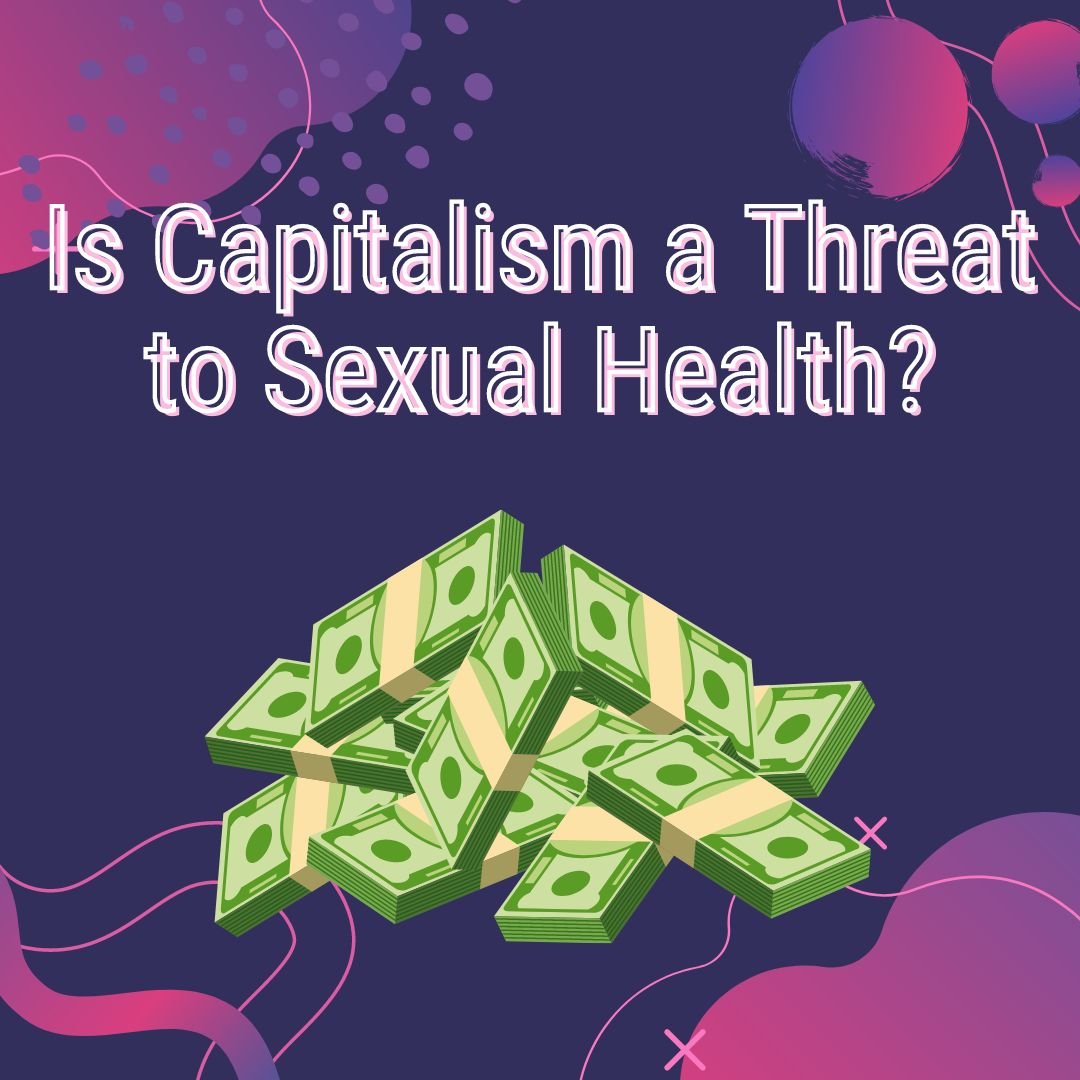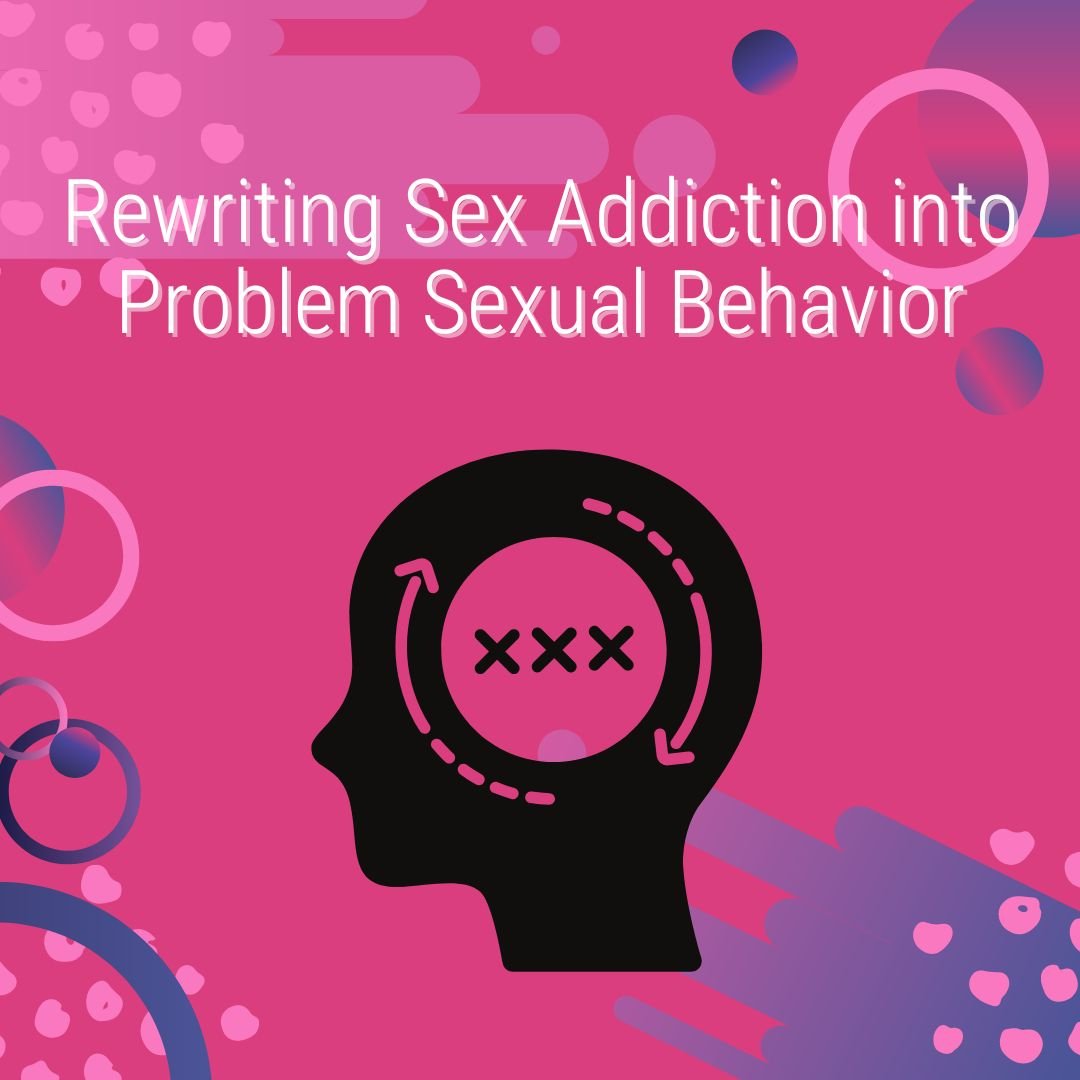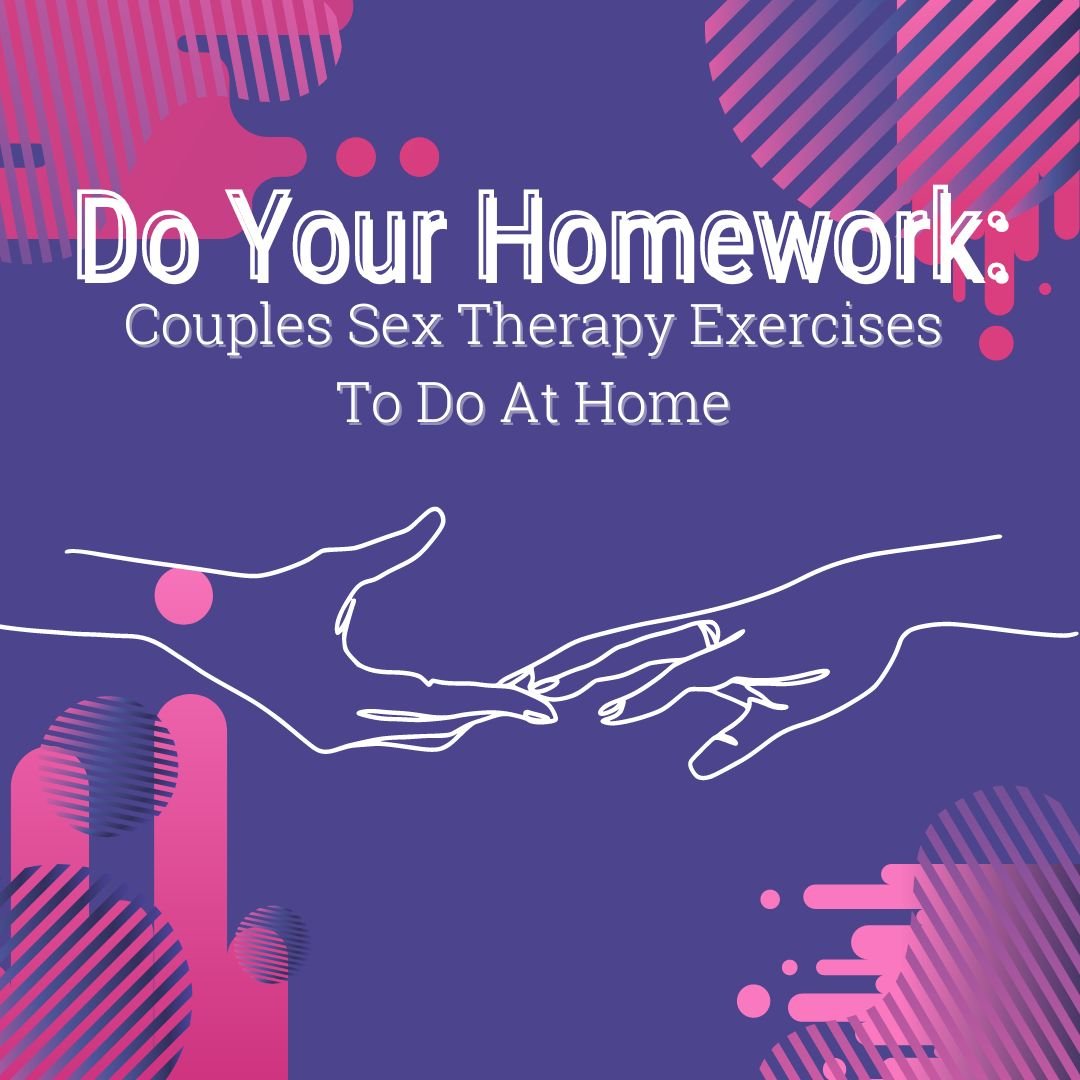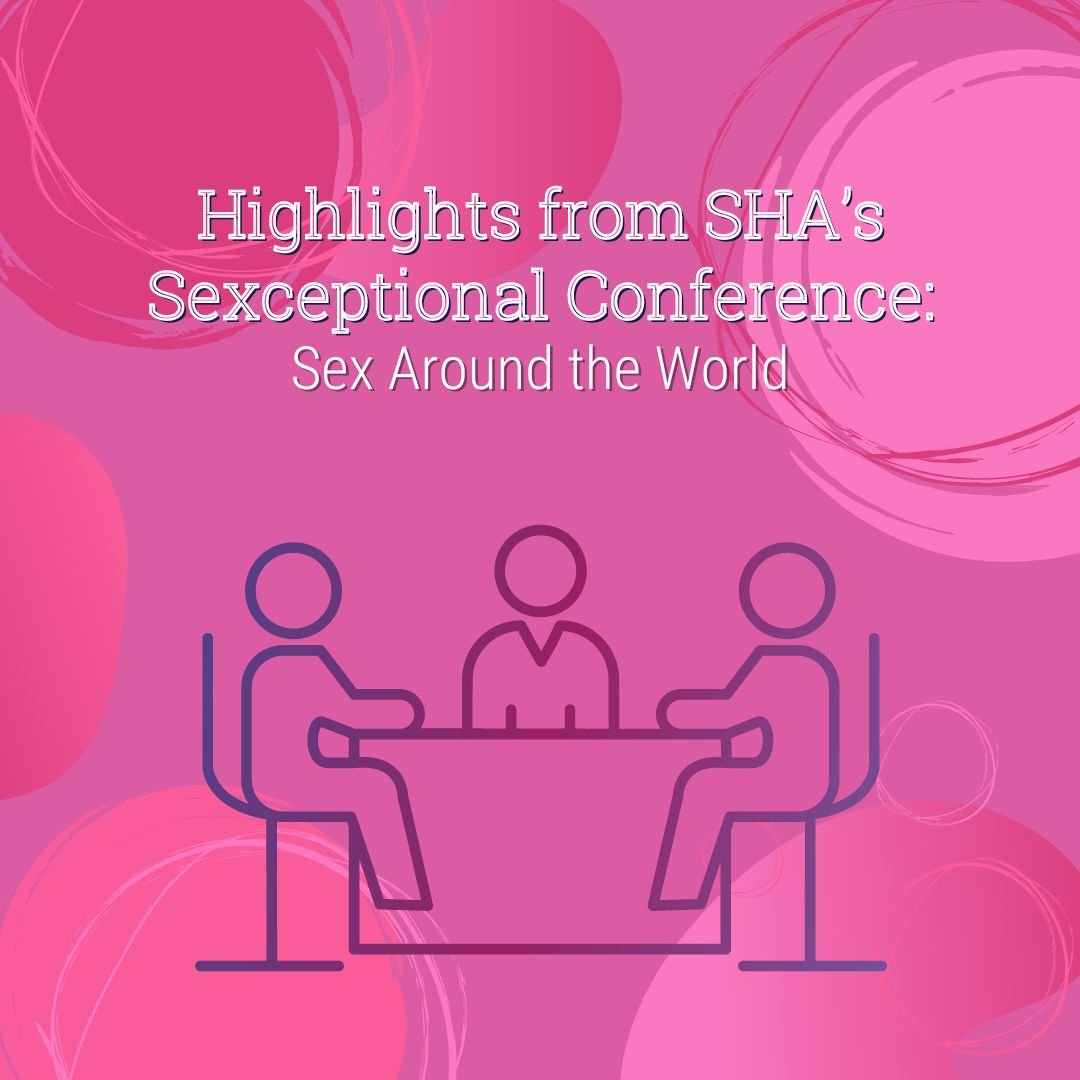As summer approaches, travel plans expand and the costs of flights increase, what better than to address the phenomenon of airport crushes? Something about those plastic seats, overpriced food and dry air just makes everyone so much more…attractive? With a 10-hour flight to Mexico ahead of me later this year (and my overactive imagination praying to be sat next to a cute guy who coincidentally is staying at the same resort), I figured why not delve into the psychology of it all? What is it about airports that makes people seem that bit more appealing?
Having Some Gay Panic About Going to Pride This Year? Here Are Some Tips and Tricks to Be Prepared
Happy Pride! As we make our way through June, many of us can (and will!) get excited about celebrating who we are and what we believe in, with our communities and others worldwide. June is a month filled with so much history and bad-assery revolving around the LGBTQIA+ community, and taking the opportunity to learn about the community’s narratives and accomplishments can be both a pride-filled and honor-filled experience.
On the topic of being full of pride, the ever-so-famous Pride Parade is coming up for many participating cities and locations!
Honoring Pulse Night of Remembrance
Content Note: violence against LGBTQIA+ persons and community.
Pride Month is upon us; a month of the celebration, joy, laughter, and brightly colored outfits. However, alongside the euphoric moments of Pride, it is important that we stand united in reflection at the hardships that this community has been through, and continues to face and fight against.
June 12th, 2023 will mark 7 years since the tragic Pulse nightclub shooting that took place in Orlando, Florida in 2016. On this cataclysmic night, a man opened fire in Pulse nightclub in the early hours of the morning, claiming the lives of 49 individuals and leaving over 50 wounded. The Pulse shooting was one of the deadliest shootings in U.S. history, and stands as one of the deadliest acts of violence specifically targeting the LGBTQIA+ community.
Accessibility of PrEP and PEP Across the World
PrEP is short for pre-exposure prophylaxis and refers to a drug taken regularly before a person is exposed to HIV in order to reduce the risk of catching the virus. The drug can be taken daily in the form of a pill or once every two months through injection. Meanwhile, PEP refers to post-exposure prophylaxis, a small dose of tablets which should be taken within 72 hours after exposure to HIV to reduce the risk of the virus taking hold in your body. PrEP will typically be recommended to and taken by people who are at particular risk of catching HIV; this includes MSM (men who have sex with men), gay men, those who inject drugs, sex workers, and those in serodiscordant partnerships in which one partner is HIV positive and the other HIV negative. PEP is not intended to be used regularly, and the demographic groups who use it largely overlap with those using PrEP.
Pleasure Politics: Understanding Your Body’s Pleasure Capacity
I first witnessed the act of squ-rting on my phone screen as I was under the sheets trying to flick the bean. It was sudden, messy, and almost surreal. The v-gina that squirted in the film looked nothing like mine. The v-gina-owners body looked nothing like mine. Thus, I made quick comparative notes and assumed that my body would never be able to experience the rush of squ-rting.
Why Keep It In Your Pants When You Can Keep It In Your Luggage? The Inside Scoop on Traveling with S-x Toys
Picture this: you’re about to fly somewhere, whether that be for a night or a few weeks, and you’re trying to figure out what to pack. Of course, you start with the essentials: shoes, underwear, toiletries, clothes, etc. After folding your last T-shirt into the suitcase, something in the corner of your eye grabs your attention: your beloved s-x toy (or toys, because can you honestly have too many?). You grow solemn, heart sinking in your chest: “Am I really going to have to bid good-morrow to ol’ reliable?,” you ask yourself. Being the determined person you are, you refuse to give up.
No Safe Distance: Unmasking S-x Work During the COVID-19 Pandemic
CW: discussion of violence
The COVID-19 pandemic exacerbated and exposed the existing inequalities in our social and economic structures. As an already often vulnerable and stigmatized group, s-x workers, particularly those providing in-person services, were strongly impacted by the government restrictions while simultaneously being among the least protected by the government’s emergency responses. 76.26% identified a loss of income as the biggest challenge imposed by the pandemic on their livelihoods, but many accurately linked this to other secondary consequences such as homelessness and food insecurity. Additionally, s-x workers faced increased health risks as well as risks associated with breaking curfews and lockdown regulations. Resultantly, many were pushed to balance earning an income with serious health and safety risks.
Rights, Not Rescue: Acknowledging and Honoring International S-X Workers' Day
“I invented s-x work. Not the activity, of course. The term. This invention was motivated by my desire to reconcile my feminist goals with the reality of my life and the lives of the women I knew. I wanted to create an atmosphere of tolerance within and outside the women’s movement for women working in the s-x industry.” - Carol Leigh, aka Scarlet Harlot, in her essay “Inventing S-x Work” (1997)
Dealing with a Break-Up as a People Pleaser
He broke my heart in the worst way possible, but I still wanted him to like me
I am a people pleaser. I would like to say that I came to this realization on my own merit, but it actually took several people (including my driving instructor) to make me aware of this. I thrive on knowing that people like me or are proud of me. I have gone to extreme measures to ensure this, signing up to extra classes when I felt like a teacher didn’t like me, or buying a box of doughnuts for the salon when I was a few minutes late to the hairdressers and convinced myself everyone there was annoyed at me. I wasn’t aware that when I went through a breakup at the beginning of this year, that being a people pleaser would get in the way of my healing and recovery.
When We Say We “Want It Dirty”, We Mean Our Sex, Not Our Planet: The Environmental Impact of Sex Toys
As if the years of feeling ashamed of buying, using, and enjoying sex toys weren’t enough, a new wave of morality is washing over our sex lives: green shame. But how many organisms is an orgasm killing?
Materials
With shame still surrounding sex toys and these products considered novelty items rather than medical ones, sex toys are not FDA regulated, meaning what is in them may be as bad for us as it is for the environment. Lower-grade and cheaper sex toys, especially, are typically made of plastics which are too low quality to be broken down even if the toys were to be appropriately recycled.
Highlights from SHA’s Conference Weekend: Rethinking Sex Addiction: Out of Control Sexual Behavior Assessment and Treatment
Sexual Health Alliance had an excellent and engaging weekend conference with experts Michael Viforito, Dr. Wendy Miller, and Dr. Joshua Grubbs. Our students learned about reframing the term “sex addiction”, how to assess individuals for out-of-control sexual behaviors, and the treatment modalities available to best assist future clients.
How Can Allies Show Up for International Day Against Homophobia, Biphobia, and Transphobia?
Every May 17th since 2005, a growing number of nations around the world have observed (what is now known as) International Day Against Homophobia, Biphobia, and Transphobia (IDAHOBIT) as a way of drawing attention to the need for action in response to anti-LGBTQIA+ violence and oppression. Originally recognized just as International Day Against Homophobia before later being expanded to include recognition of bisexual and transgender communities, May 17th was chosen in honor of the date that homosexuality was finally removed from the 1990 draft of the ICD-10 (the 10th edition of the International Classification of Diseases) after much lobbying to the World Health Organization. (Homosexuality was removed from the second edition of the Diagnostic and Statistical Manual by the American Psychiatric Association in 1973, though remnants of its pathologization remained until 1987—and in the ICD until 2019.)
The Sexual Health Alliance marches in solidarity with all of the communities under the broad and inclusive LGBTQIA+ community, and recognizes the severe levels of minority stress facing LGBTQIA+ persons in many countries around the globe. With even the Lemkin Institute for Genocide Prevention (named after Raphael Lemkin, who coined the word genocide) taking a stance against the current wave of right-wing transphobia as it continues to escalate to the level of genocide, the Sexual Health Alliance is committed to providing education and resources to help push back against discrimination and hate and create a safe, inclusive, and affirming world for all members of LGBTQIA+ communities.
Deepfakes: Gender-Based Violence in the Age of AI
I'm sure most of us have by now seen the entertaining deepfake video where Barack Obama calls Donald Trump a "total and complete dipshit." The video sparked an interesting debate about being vigilant of online sources, and many pondered over the instances in which politics could suffer in the face of this new technology. What was not at the forefront of this debate, however, was the other 90-95% of deepfakes on the web, which are mostly nonconsensual pornography, 90% of which portrays women.
For those more unfamiliar with “deepfake porn,” the term refers to the practice of transposing a person's face on an image or video of a sexual nature, thereby producing a pornographic video that the person who seems to be in it never consented to. As AI technology, unfortunately, evolves in this field, only one photo of a person is now needed to produce a video. To gauge the scope of this epidemic, an AI bot that gained particular popularity across Russia in 2020 is said to have created nonconsensual deepfake porn with the faces of over 680,000 women. These fake videos have very real and widespread consequences as they completely violate the consent of those affected and pose a massive new avenue to violence against women.
Sex on Drugs: Psychedelics
Sex and drugs are an often controversial duo; there are pros and cons when having sex in an altered state. The difference between “good” and “bad” sex on drugs is the substance you consume and who you engage in intimacy with. Some drugs are more dangerous to your body or mind, while others are more likely to blur the lines of consent. When it comes to recreational drugs such as cannabis, Xanax, Cocaine, and LSD, there is a sort of spectrum on the safety of combining each substance with intimacy. For this blog, I will discuss a class of drugs historically associated with sexual liberation: psychedelics. During the 1960s, LSD, in particular, was thought to loosen people’s sexual inhibitions and even resolve past sexual trauma. Annie Sprinkles is one woman who provides first-person testimony to the power of sex on psychedelics. Sprinkles is a certified sexologist who was once a sex worker, feminist stripper, and pornographic film actress.
Is Capitalism a Threat to Sexual Health?
Whereas the United States and Canada celebrate the past, present, and future of the labor movement on Labor Day (observed the first Monday of September every year), many other parts of the world designate and celebrate May 1st as International Workers’ Day—also known as May Day. The scope of the labor movement is varied and vast, uniting workers from professions ranging from food service to healthcare, from construction work to sex work, all joining together toward the common goal of improving work conditions, advocating for fair wages, and—perhaps most fundamentally—resisting the ever-rising tide of capitalist exploitation.
At the Sexual Health Alliance, our specialty is progressive and radical education on sex and sexuality that helps us all build a more sex-positive future—a future, that is, in which the personal sexual self-determination of informed, risk-aware, consenting adults is respected, protected, and nourished. With that goal in mind, we might take the occasion of International Workers’ Day as a time to pause, reflect, and ask a very particular question: could capitalism itself pose a threat to sexual health?
Rewriting Sex Addiction into Problem Sexual Behavior
From late-night talk shows to erotic novels, from documentaries to get-help ads posted in the subway, we are no strangers to the claims of sex addiction. For many years, sex addiction has been recognized as a medical condition with promises of treatment, even though no peer-reviewed journal has ever been able to back up the idea that it is real. So what do we call it then? A socially prompted phenomenon?
Dr. David Ley, a celebrated clinical psychologist, has used clinically appropriate discourse to understand the ins and outs of sex addiction, and its relation to other addictive behaviors. In his book, The Myth of Sex Addiction, he reflects on several examples from both the scientific sphere and the popular media, but nothing gets him close to empirically defining the term. That’s not to say there is a gap in the research but simply pointing out the notion that scientifically defining things that are born misconceptions is complicated. As our societies still recover from generations of sex negativity, sexual behavior, and morality are still considered like two peas in a pod.
Are We in a Sexcession?
Despite how we all feel about the economy lately, experts still believe that the U.S. is not technically in a recession. However, other non-economic experts believe that we are in the midst of a sex recession. I was dubious at first too… let’s take a look at some statistics. A survey of 2,000 American adults aged 18 to 44 conducted in 2021 by the Kinsey Institute and Lovehoney found that, across genders, Gen Z adults reported a lower frequency of sex than people in their 30s and 40s. In that same study, Gen Z adults reported the highest levels of stress and anxiety, highlighting the link between mental health and sexual activity.
Do Your Homework: Couples Sex Therapy Exercises To Do At Home
Homework doesn’t stop once you leave education. For those who have experienced therapy, you may be familiar with the idea of “homework” — exercises and practices that are meant to be carried out at home, away from the presence of the therapist. Individuals or couples have the chance to actively practice what they learned in therapy, and reflect on that practice in the next session. There are many “homework” tasks that can be assigned, some may be meant to be practiced alone, and others with your partner. For most therapies to work, consistency in approach, practice, and outside exercises is key to ensuring the therapeutic methods stick. Think of it like learning a new skill–-You don’t learn to cook by talking to a chef or watching Hell’s Kitchen, you need to practice cooking and the skills and techniques required for it. Therapy, especially sex therapy, works in the same way, and there is no right or wrong reason for choosing to engage in sex therapy!
The World’s First Flushable Period Pad
We have come a long way in terms of sustainable period products. From the menstrual cup to reusable applicators for tampons, those that work on the product’s environmental impact are clearly working hard to assist with our waste problem, while still maintaining comfortable and effective period products. As someone who solely uses pads, I am sadly aware of their huge environmental impact, especially in the way disposable pads are estimated to take 500 to 800 years to break down. This is why I was so excited to see an advert for Fluus, a company that has created the world’s first flushable period pad.
Founders Dr. Olivia Ahn and Aaron Koshy met in 2016 at Imperial College London, and ever since then have been working hard on creating a flushable period pad. In 2019 user trials began, flushability tests commenced and Fluus successfully received its WIS 4-02-06 certificate–meaning the water industry has certified that this product is “fine to flush.” It was only this year that Fluus came onto the market, and boy was I excited to try it out. Unfortunately Fluus currently only ships out to the United Kingdom.
Highlights from SHA's Sexceptional Weekend: Sex Around the World
This last weekend, the Sexual Health Alliance welcomed not one, not two but nine experts in the field of sex and sexuality. From doing some sex educational sight-seeing in Europe to immersing in the sexuality politicals of Latin America, our journey around the world was unquestionably eye-opening. On the first day, we jumped right to Europe and met with BodySex facilitators from all over the continent. Céline Manon in Germany, Almudena Ferrer in Spain, Jessica Adams in Austria, and Beatrice Bast in Switzerland. Leading the panel with these amazing women was yet another BodySex coach, SHA’s Director of Operations, Jenn Rhaner! Jenn asked our European panelists to define and discuss what sex education and legislation look like in their country, but also how positively the culture views sex and sexuality.


